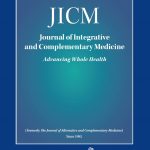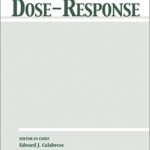Impact of the National Policy on Integrative and Complementary Practices on Brazilian Public Homeopathy Services

Background - Homeopathy has been experiencing a period of expansion in Brazil due to its practical relevance in the face of new global and national health demands, culminating in the launch in 2006 of the National Policy for Integrative and Complementary Practices (NPICP) by the Ministry of Health of Brazil, which standardized and regularized the position of homeopathy within the Brazilian Unified Health System (SUS). Aims - To understand the impact of the guidelines proposed by the NPICP on homeopathy services in the SUS, specifically in the south-east region of Brazil, according to the perceptions of their managers. Methods - This is a descriptive, exploratory research study with a qualitative approach, conducted in homeopathy services in the south-east region of Brazil, through semi-structured interviews and with data processed using content analysis. Results - The data show the importance of the NPICP in regulating and offering homeopathy in the services studied. However, the NPICP’s objective of promoting and fully developing integrative and complementary practices has not been achieved because it has failed to translate strategies into actions. Conclusion - Though important to the development of homeopathy services in any given location, policies stated in the NPICP were revealed to have limited impact on the implementation and development of new services. Without further legislation, training programs and appropriate budget allocation, new services will be unable to thrive and their users unable to benefit from a more comprehensive approach to healthcare.








Lascia un commento
Devi essere connesso per inviare un commento.